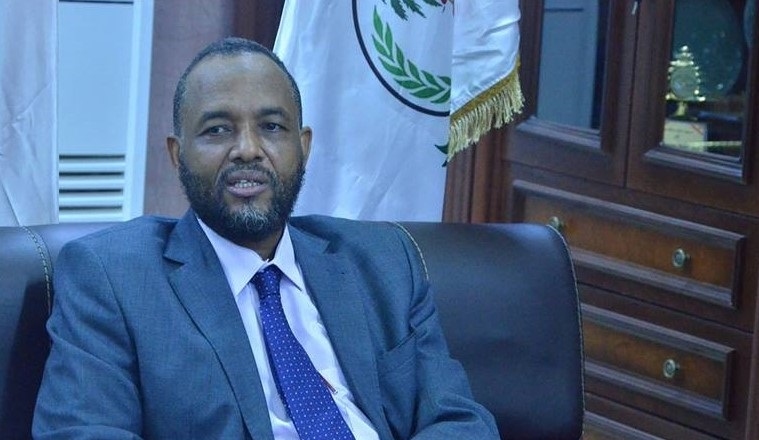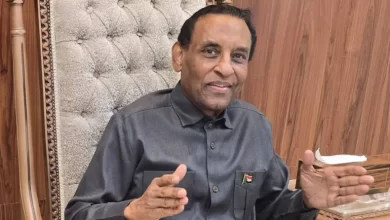Minister: Half population lack adequate health services

• Hospitals and drug supply stores were completely destroyed, looted and burned in South, Central and West Darfur
News Report -Sudan Events
Sudanese Minister of Health Haitham Ibrahim confirmed yesterday, Friday, that half of his country’s states suffer from great difficulty in receiving health services as a result of security tensions and insecurity in those states, and said that they need urgent health services at the present time.
“All states in Sudan are in definite need of the basic services necessary for the continuation of health services, but half of the Sudanese states face difficulty in receiving and providing these health services.” Said Ibrahim in an interview with the Arab World News Agency (AWP).
“There are large parts of Khartoum State, the five Darfur states, and a very large part of Kordufan states. These states represent 50% of Sudan’s states and include 20 million citizens. They find it difficult to receive health services and provide them to citizens.”
He pointed out that more than 100 hospitals were out of service in the capital, Khartoum, and that part of the hospitals in Central, South and North Darfur and most of the hospitals in West Darfur were also out of service, “and health centers were also out of service in these states.” He added.
“The other nine states receive their services on a regular basis, whether basic health care services or hospital services.” But he stressed the need for basic services such as electricity and water in order to continue providing services in those states.” He continued.
Non-reassuring health situation in Darfur
The Sudanese Minister of Health described the health situation in the Darfur region as “not reassuring,” saying that the Ministry of Health cannot deliver health supplies to large parts of the region “despite cooperation and coordination with the regional government in delivering supplies to the states.” He said.
“Supplies often reach North Darfur state, especially the city of El Fasher, but we face difficulty in delivering them to the rest of the state.” He added.
“Some of the health personnel are exposed to repeated attacks, especially in Central, West and South Darfur, and as a result some health institutions went out of service and a very large number of citizens were displaced from them.” He stated.
But he confirmed that no epidemics had been observed in the Darfur region, except for increases in dengue infection rates in the state of North Darfur. As for the rest of the states, there are no clear reports about this matter, because most citizens were displaced or took refuge in the center and south of the region.
He pointed out that some organizations currently operating in the Darfur region “Some of the components of the local community that were already present began to conduct simple local health work in the form of mobile clinics and others, but reference and specialized services and hospitals are still facing difficulties.” He said.
“We began massive preventive vaccination campaigns, starting with vaccination against cholera in the states of Gadarif and Al-Gezira, where we received more than two million and 250 thousand doses of cholera vaccine.” He continued.
He stressed that there are currently environmental reform campaigns, spraying campaigns, and campaigns to disinfect water with chlorine, in addition to disease vector control with regard to dengue fever and malaria, and there are no problems related to the drug supply.
“There are joint action plans between Sudanese health and international organizations, especially UNICEF and the World Health Organization. The Sudanese Ministry of Finance has also allocated financial resources to support environmental restoration operations, spraying operations, and mosquito and fly control operations in the states where these epidemics are widespread.” Ibrahim added.
“The situation “needs more effort and continuity until the end of the fall semester,” expecting these campaigns to continue for two months “until we say that we have succeeded in dealing with these epidemics effectively.” He stressed.
The Regional Director of the World Health Organization for the Eastern Mediterranean, Ahmed Al-Mandhari, said in a statement that the numbers coming from Sudan are “shocking.”
Al-Mandhari stated that “nearly 25 million people need humanitarian assistance, and another 11 million people need urgent health assistance.”
“More than 20 million people currently face severe levels of food insecurity, while every child under the age of five in Sudan suffers from acute malnutrition. About 4.2 million women, girls and vulnerable populations are at risk of being exposed to gender-based violence.” – which could threaten their lives – as well as limited or no access to protection and support services.” He added.



